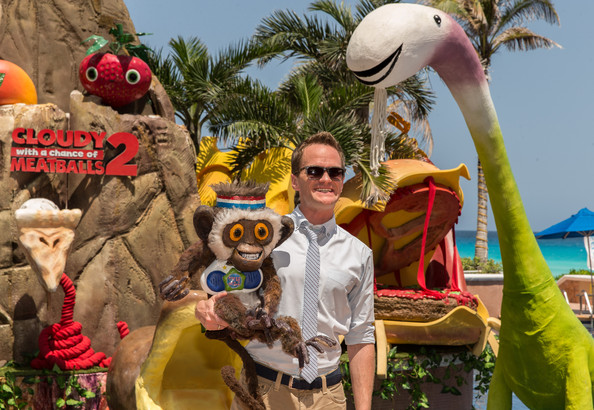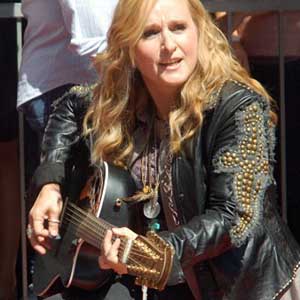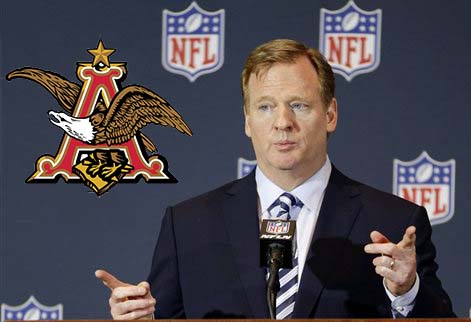In the Doghouse
Search
In the Doghouse
Heineken: Big Alcohol Promoter to Youth in 2014
December 3, 2014
Neil Patrick Harris ripping on alcohol
advertising regulations in a Heineken ad
- Promoted its faux public health organization called the Health Alliance on Alcohol along with partners New York-Presbyterian Healthcare System, White Plains Hospital, and Morgan Stanley Children's Hospital of New York-Presbyterian, just in time for Alcohol Awareness Month. The move helped ensure that Big Alcohol and its gargantuan PR and lobby machine controlled the public dialogue about alcohol and distracted from public health research and messages about alcohol producers' role in related harm. The front group's Heineken-branded website and "talk to your kids about alcohol" campaign allows the company to slap its brand on a popular but ineffective educational campaign, and dodge accountability for the 4,800 alcohol-related underage deaths each year by placing the onus for underage drinking prevention squarely on parents.
- Used Neil Patrick Harris to rip on alcohol regulation in ads while circumventing the industry's own voluntary advertising guideline not to use characters attractive to youth. Harris acts in and does voices for many cartoons and youth-oriented movies, TV, and video games such as Cloudy with a Chance of Meatballs, The Smurfs, Adventure Time, Penguins of Madagascar, The Muppets, Spider Man: Shattered Dimensions (game), Cats & Dogs, & Glee.
- Official sponsor of the Coachella music festival, where the average attendee's age is 20, targeted teens and tweens using Snapchat.

Neil Patrick Harris promoting his Cloudy With a Chance of
Meatballs 2 film
Heineken's media jabs at advertising regulations while blatantly working to increase its share of the youth market is a perfect example of why industry self-regulation doesn't protect youth from alcohol advertising. Companies like Heineken market to youth with impunity and the assistance of the Federal Trade Commission, which appears more interested in helping alcohol corporations advertise than in getting them to stop.
Singer Promotes Her Own Pot-Infused Wine
October 28, 2014
While research on specific health risks of combining alcohol and marijuana is still growing, studies have already shown that the combined influence of the two products acutely impairs several driving-related skills, more so than either substance alone. Ingesting both at once also increases the risk of unsafe driving among teenagers. At minimum, mixing marijuana and alcohol increases risk of potential harm in several ways. Promoting a product that makes it easy to ingest both at once puts public health and safety at risk.

boozenews.com
Even if Etheridge believes that cannabis has properties to relieve medical problems, owning and promoting a product that contributes to the cause of those problems and other health-related harms with her well-known name/brand is no solution. It makes the problem worse.
In the Doghouse: A-B InBev Talks, But No Walk
October 7, 2014
While one might take the A-B InBev statement to mean the company is genuinely concerned about the NFL shrugging off its players' inexcusable behavior, there is no denying the need for A-B InBev to manage the message sent by its lack of response. Its eventual statement will most likely have a positive impact on perceptions of the corporate NFL sponsor, rather than interfere with the profits it reaps through NFL sponsorship.
In fact, the A-B InBev statement to the NFL was almost a word-for-word rehash of its 2012 statement to the Ultimate Fighting Championship (UFC) regarding public homophobic and misogynistic rants from its fighters, vaguely threatening to act if the UFC didn't get its athletes to behave better (or at least, not do it in public). Just as with the recent statement to the NFL, A-B InBev made no indication that its sponsorship of UFC pay-per-view broadcasts was on the line, even as it sponsored female UFC athletes, who deserved a far more substantial response.
A-B InBev stated that the behaviors by UFC fighters are "in no way...reflective of the company or its values," and that the NFL player behavior "goes against our own company and moral code." Sounds like the A-B InBev moral code and values means protecting its profits while providing lip service rather than action to condemn homophobia, misogyny, and domestic violence. As Houston Texans running back Arian Foster described in his refreshing rebuke of the hypocrisy: A-B InBev is "selling poison on that high horse."
More Articles ...
Help us hold Big Alcohol accountable for the harm its products cause.
| GET ACTION ALERTS AND eNEWS |
STAY CONNECTED    |
CONTACT US 24 Belvedere St. San Rafael, CA 94901 415-456-5692 |
SUPPORT US Terms of Service & Privacy Policy |
Copyright © 2026 Alcohol Justice. All Rights Reserved.
Joomla! is Free Software released under the GNU General Public License.


